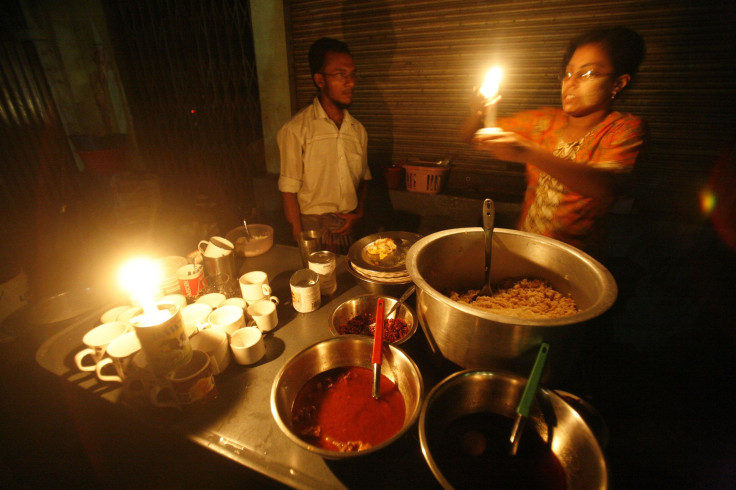Myanmar Announces Electricity Prices Increase, Fears Illegal Cost-Cutting Measures In Response

Myanmar is increasing the cost of electricity by 43 percent this month to encourage private investment, but the move may mean more companies will resort to illicit practices to cut costs.
Faced with growing production costs, the Ministry of Electric Power announced that November's household electricity rates will increase from 35 kyat (4 cents) to 50 kyat, for every unit used over 100 kilowatt hours, while commercials users will pay 50 percent more, or 150 kyat for each unit consumed above 5,000 units, the Myanmar Times reported on Sunday.
The move, though intended to reduce subsidies for electricity and to encourage private investment in the sector, could end up driving businesses to resort to fraud, said U Khin Maung Win, deputy director general of the Department of Electric Power. Specifically, some businesses may use bribery to achieve a more favorable meter reading, which could become more rampant than it is now.
“We need to crack down on illegal electricity use before private investors enter the electricity production and distribution sector,” said U Zeya Thura Mon, chief executive of privately owned Myanmar Central Power Company.
The price of electricity is lower in Myanmar compared to other nations in the region, thanks to the 185 billion kyat subsidy the government spends annually to cover both production and distribution, according to U Tun Kewi, chief engineer of the Ministry of Electric Power in Yangon, Myanmar’s commercial center.
“Including transmission costs, the ministry should be selling each unit for K125, which means they cannot make a profit even from the latest increase in price,” U Zeya Thura Mon said.
Businesses are already protesting the rate increase. U Aung Moe, secretary of the Lighting Team at Mandalay Industry Development Committee, said that the committee would submit a petition of protest to the government asking for a delay in the enforcement of the new rates until businesses are ready.
“Many small enterprises are on hold because it’s too expensive to operate, so this new increase will create further losses for them, which only hurts employees in the end,” U Maung Maung Oo, secretary of the Mandalay Industry Development Committee, told the Myanmar Times.
The move is also meant to discourage heavy electricity usage, since only 30 percent of the nation has access to power.
The government has been encouraging private investment in electricity production since 2011 with its Independent Power Producer system, especially in areas off the national grid, but enrollment in the system has been slow, as private producers aren't able to sell power at a profit.
© Copyright IBTimes 2024. All rights reserved.











